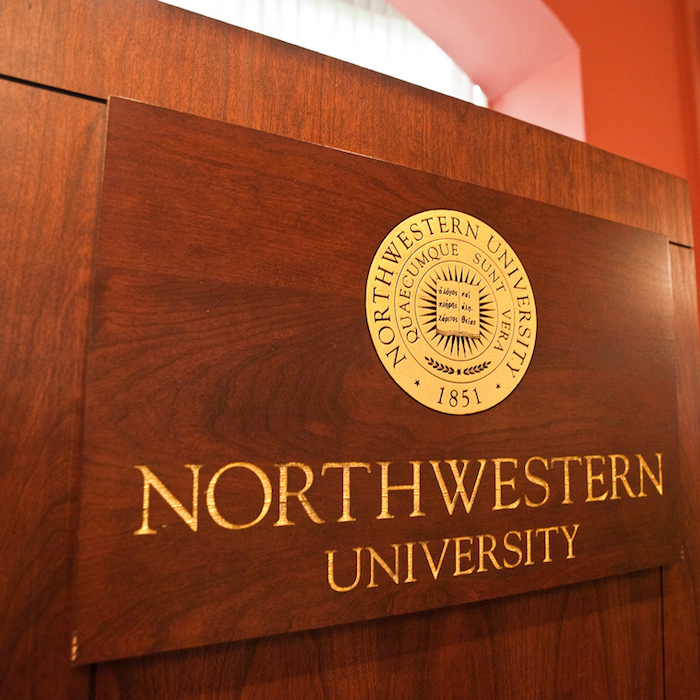Last Monday, I had a chance to sit down with Northwestern President, Dr. Morton Schapiro. Our conversation touched on the American political system, the importance of both safe spaces and uncomfortable learning, and why students need humility. I’ve broken the interview up into three parts and have edited it slightly for clarity.
The American System, and Why it Works:
Our written values are exemplary:
What does it mean for all men to be created equal? Well, the founders were men, white men, property owners, and that (should) give (us) a lot to think about. (But) freedom of religion, freedom of expression, individual liberty are great things. I think that the values we have in the U.S., that we have written down but don’t always live, are good ways to live. One of my fields is development economics, and I’ve spent time in seventeen countries. I’ve been in a lot of countries where I’ve said, “Man, they could use a Constitution like ours.”
Property rights and rule of law are fundamental to any country:
I hope being an American would mean to respect basic human rights. It hasn’t always been that way in this country. But beyond that, I also think the rule of law is so important, specifically respecting property rights. I’ve worked in countries where socialist governments nationalized everything overnight. It was such a disaster. You have to respect individual liberty, you have to respect property. If you have laws, you have to abide by them.
One of my colleagues wrote a new book about the culture of economic growth. He argues that some countries have developed and others haven’t, even today, because of respect for laws. In so many countries, the laws are situational. There’s an expediency for the judiciary, for the executive branch. We don’t have that in this country. We don’t always agree on the law, but it is great to be in a country where the law matters. If you don’t protect property rights, you don’t get any investment in capital, human or physical.
Checks and balances:
After the election, I said I had a lot of faith in checks and balances, particularly the independent judiciary. A lot of people said, “That won’t happen.” Well, checks and balances have worked. “So-called” judges have maintained their independence in a beautiful way. Congress has been more of a mixed bag. I think the brilliance of our founding is really that system of checks and balances. (It means) that if there’s a President who has certain kinds of views that aren’t consistent with a lot of other people’s, there’s a limit to what they can do. It’s still not perfect. The President still has the nuclear codes, but it’s a lot better than a lot of the places I’ve been. Continue reading A Conversation with Northwestern University President, Dr. Morton Schapiro

